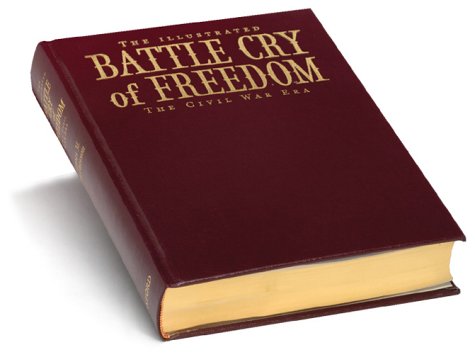
The performances below have been chosen carefully, offering, in this writer’s opinion, the best readily available online.ġ.

(“Dixie,” which originated in the the 1850s and which was published in 1859, is thus not included here.) These songs were subjected to various arrangements both during and after the war, and their character and quality depend heavily on both the skill of the arranger and the performers. As in the cases of the men they missed, families found in music of the era a balm for their aching souls, which longed for the safe return of their fathers, sons, and brothers, and an end to the fratricidal conflict.īelow are ten of the greatest and most popular songs that were written during the secession crisis and the Civil War. The armies themselves served to advertise new songs to civilians, carrying this music with them as they marched across the land and holding concerts for civilians along the way. During the war, Northern presses published some 9,000-10,000 songs, and Southern ones between 600-700. Thousands of new songs about the conflict were written by scores of composers between 18, and sheet music for newly-minted pieces was made readily available at affordable prices by publishers. In an era when pianos were affordable to most middle-class homes-a new one could be purchased for as little as $125 and used ones for less-music filled the living rooms of houses on both sides of the Mason-Dixon Line. Music was equally important on the homefront. Far from their homes, music provided a diversion from both loneliness and terror on the march and in battle, it infused the men with a spirit of élan and commitment to their cause. In the camps of both North and South, regimental bands regularly inspired, amused, and consoled soldiers, who on a daily basis faced the threat of death, both from the mysterious onslaught of disease, borne by bugs they could not see, and from the bullets and cannon-shot of the enemy, whom they saw all too clearly in the close-quarter combat of the era. It would be hard to overestimate the ubiquity and importance of music during the American Civil War. “If we’d had your music, sir, we’d have whipped you out of your boots.” - A Confederate officer at Appomattox to his Union counterpart

“I don’t believe we can have an army without music.” -Robert E.


 0 kommentar(er)
0 kommentar(er)
